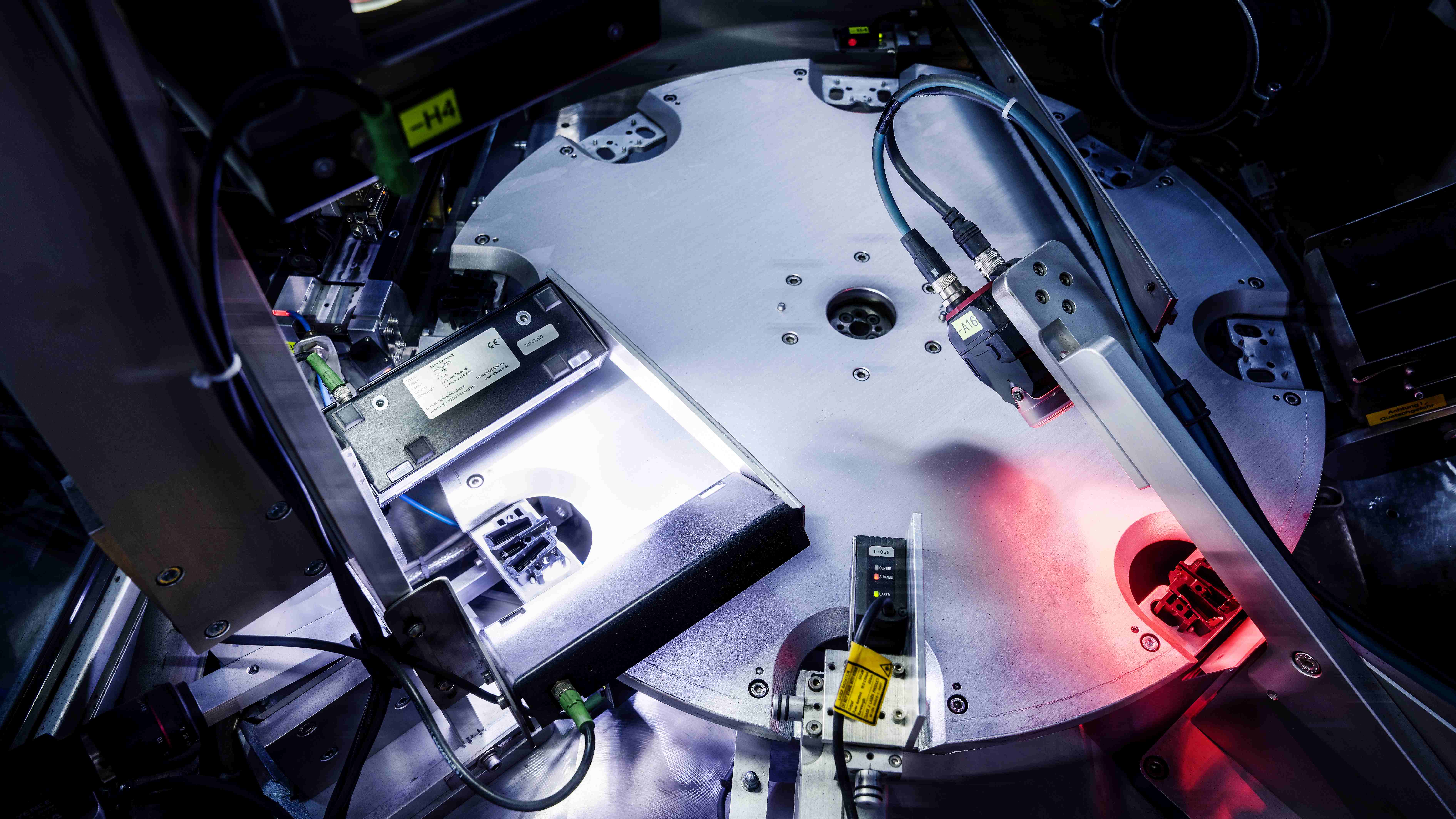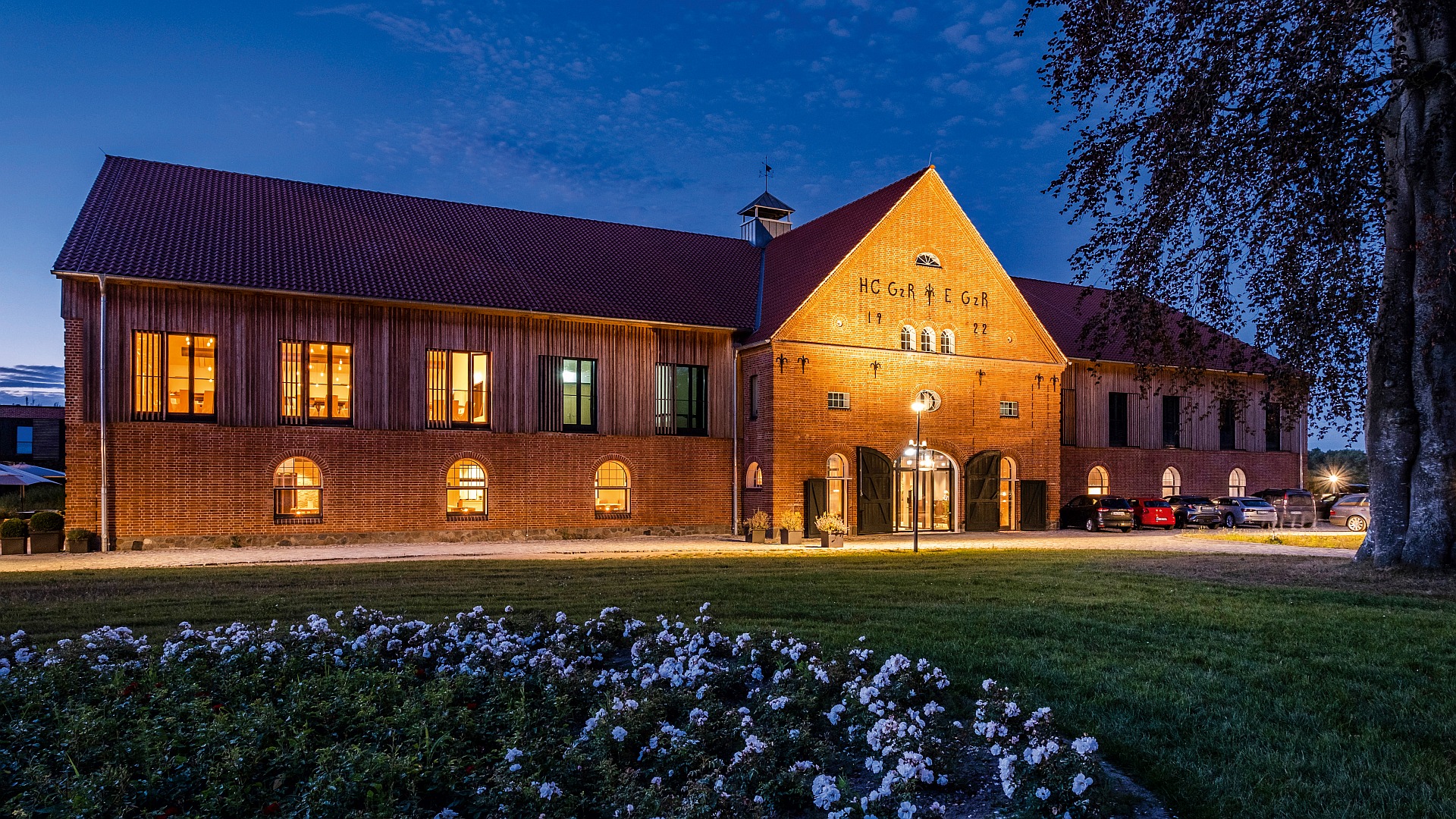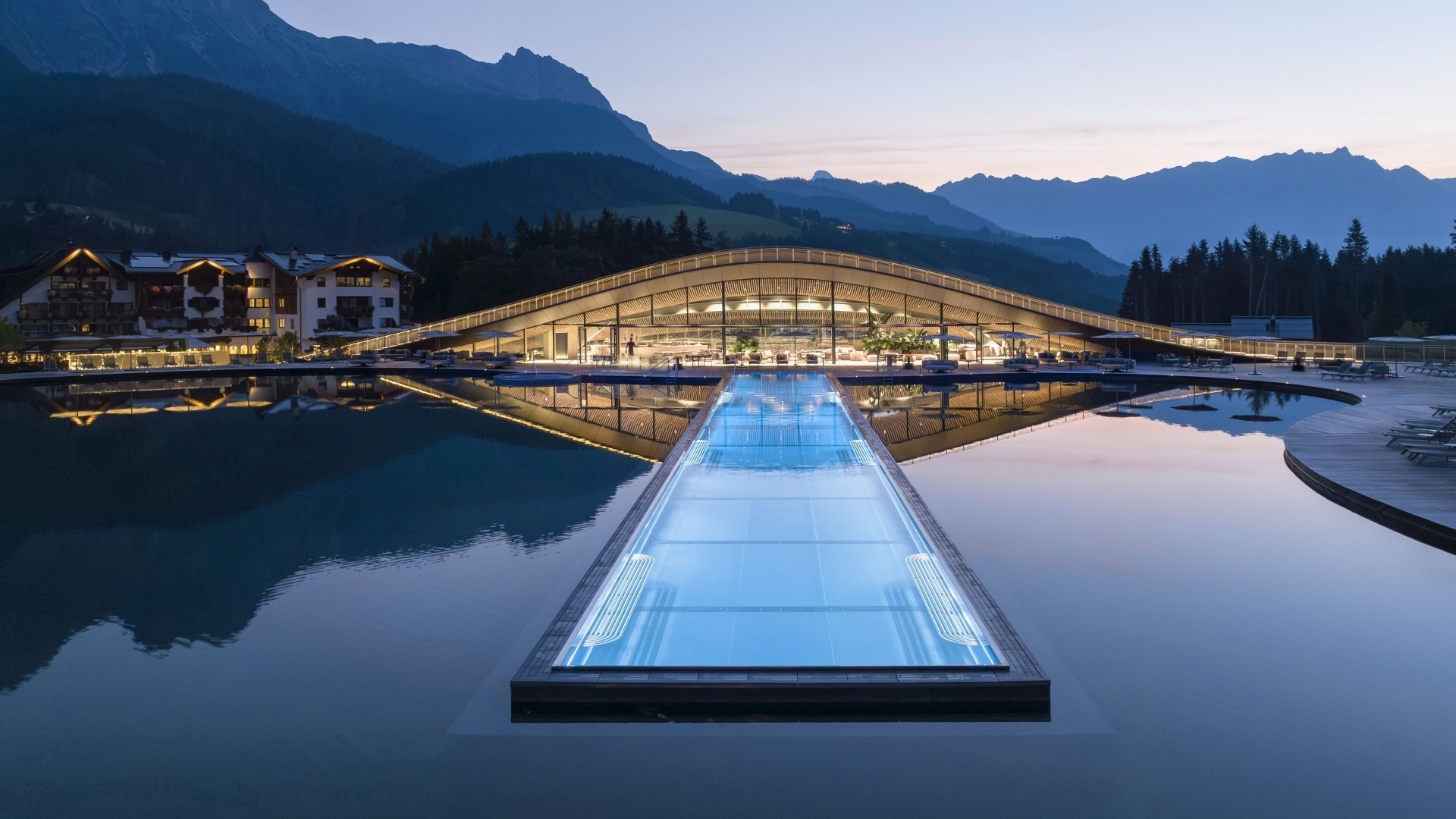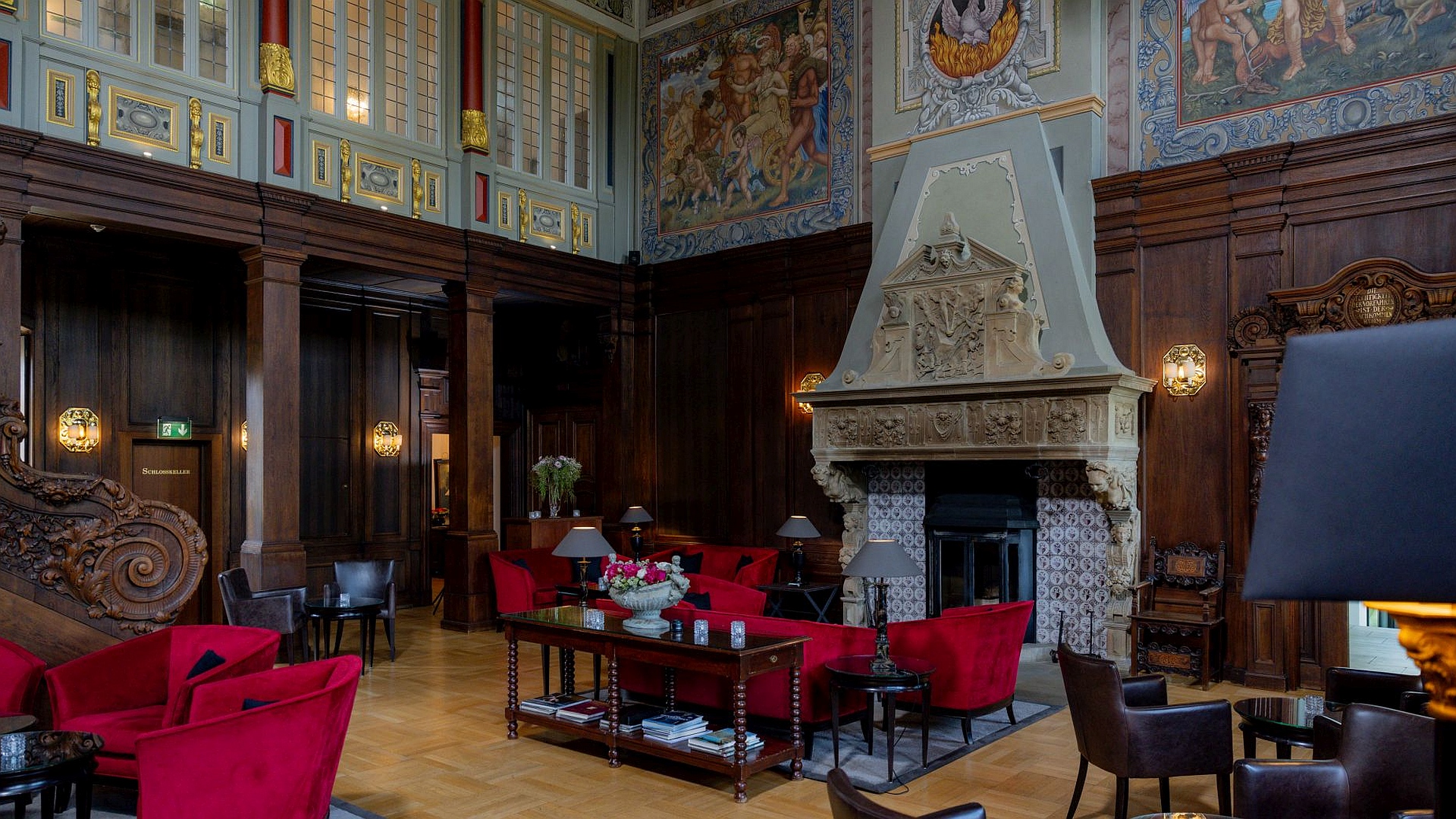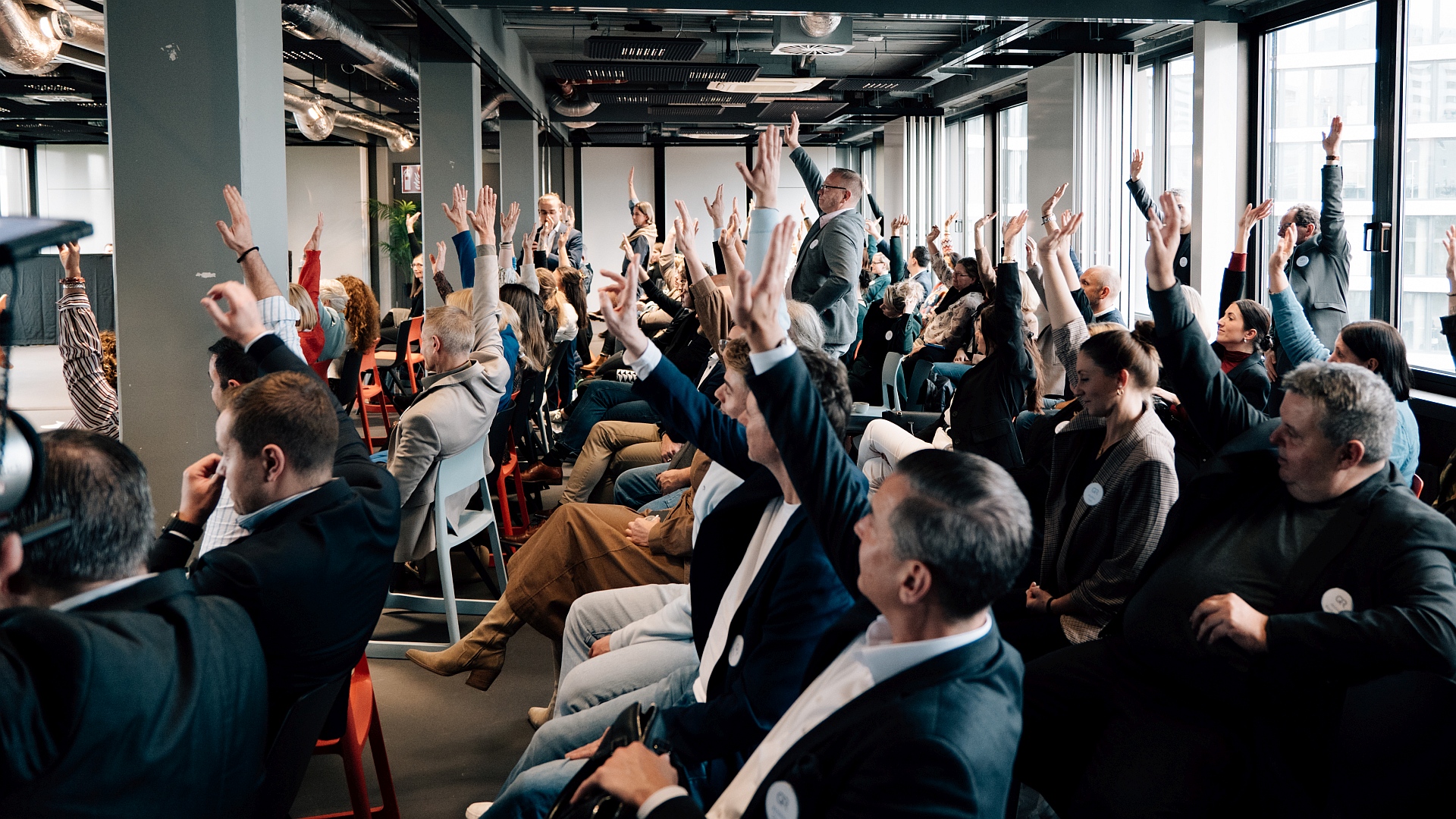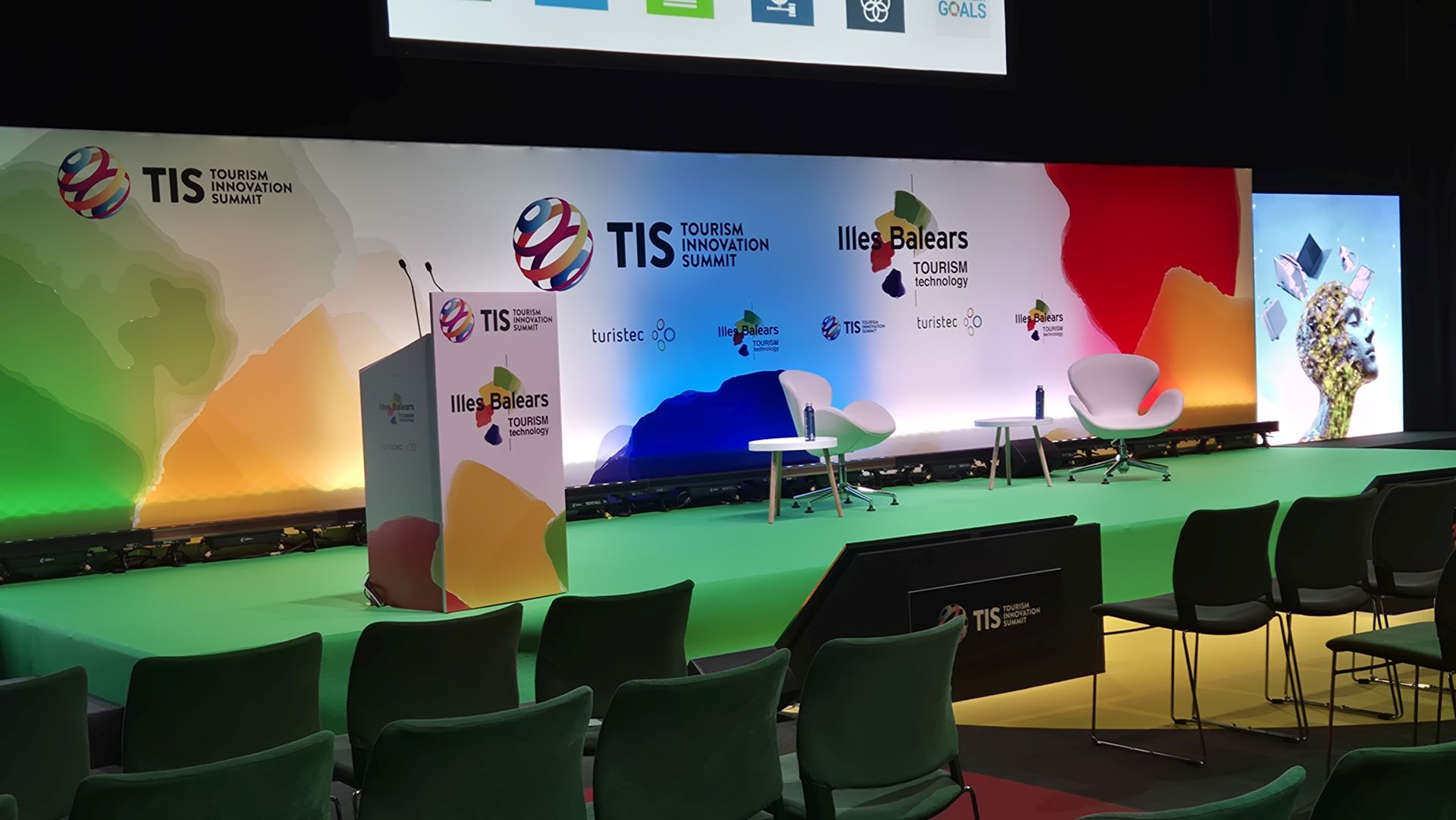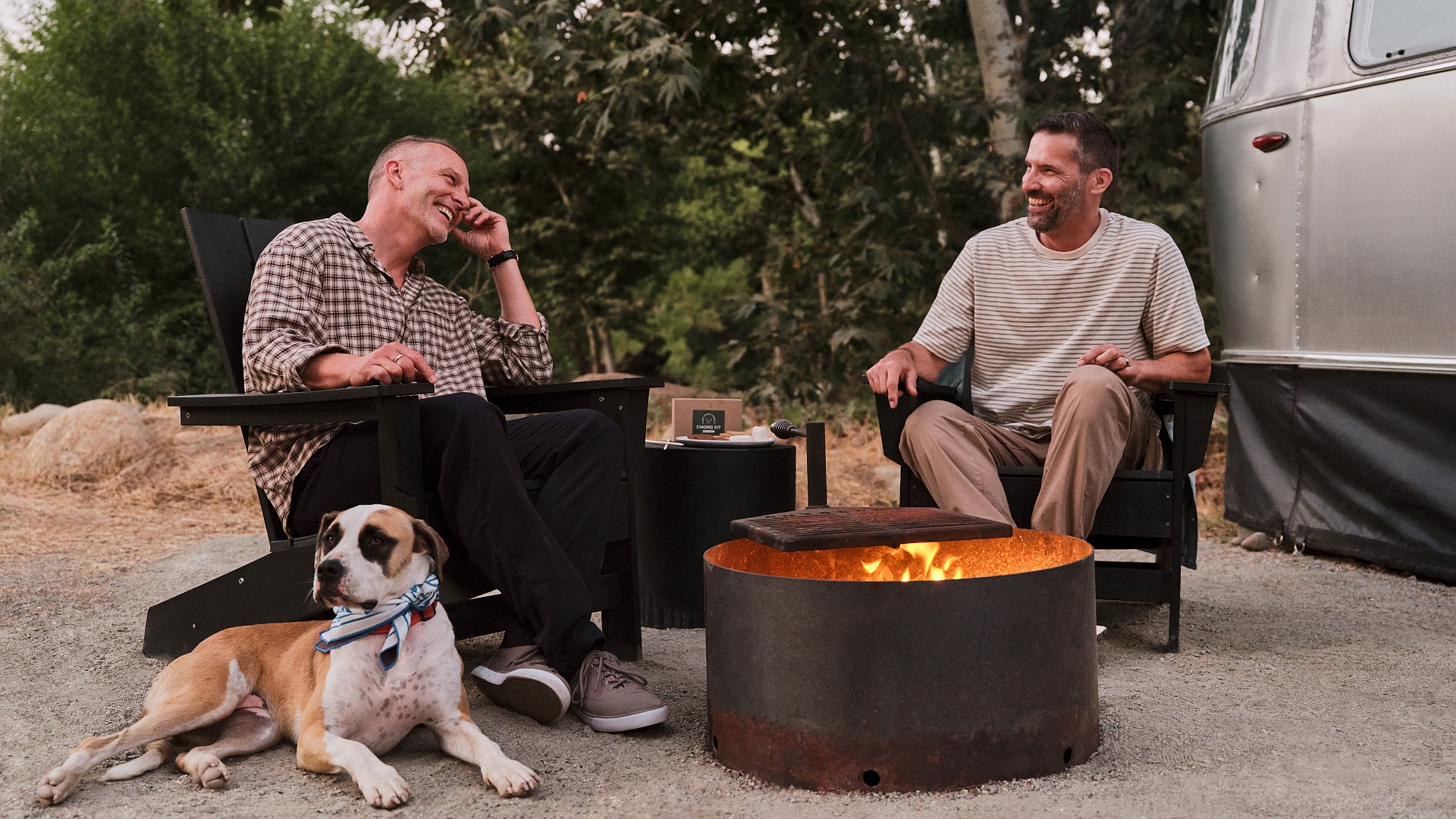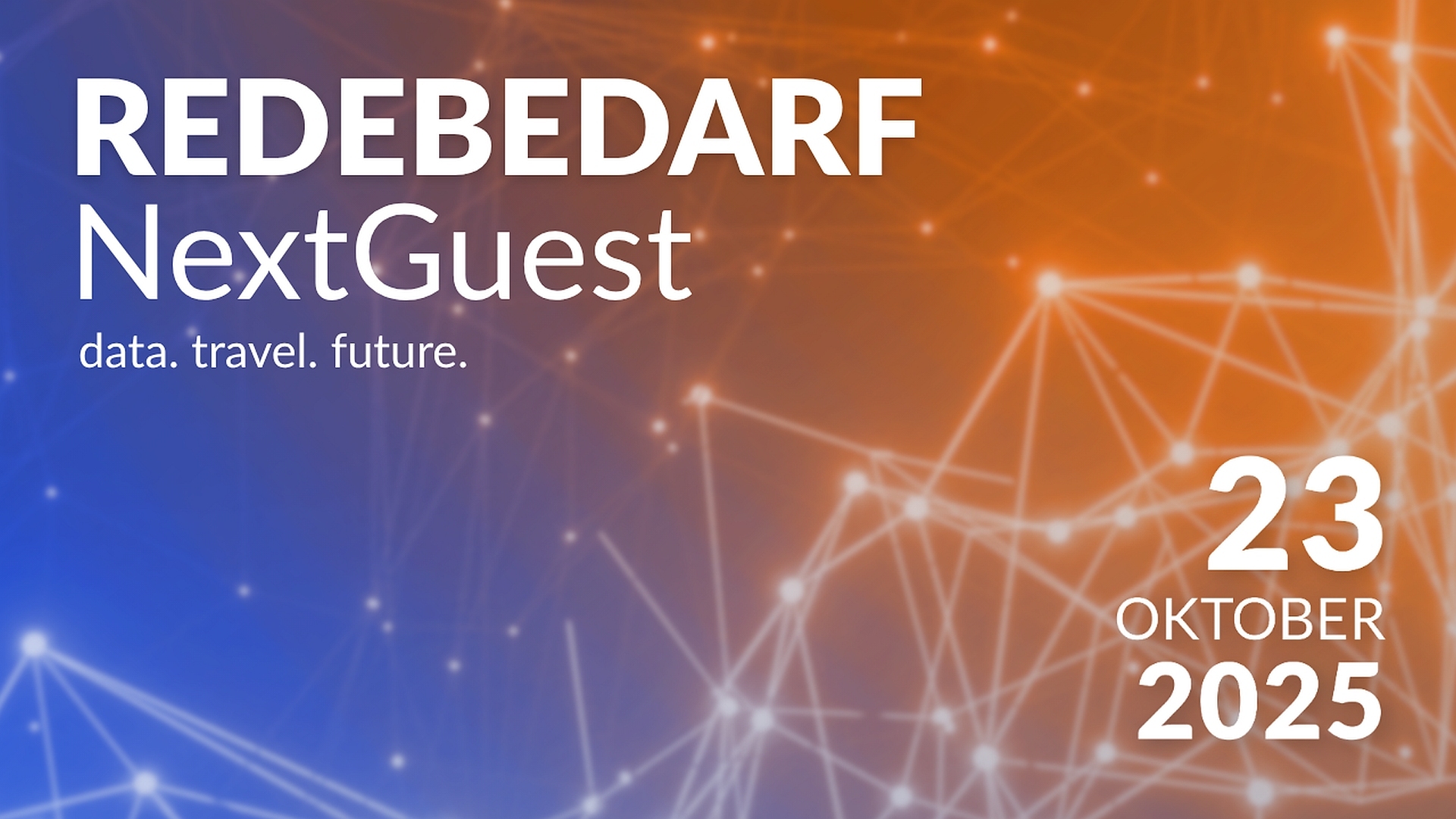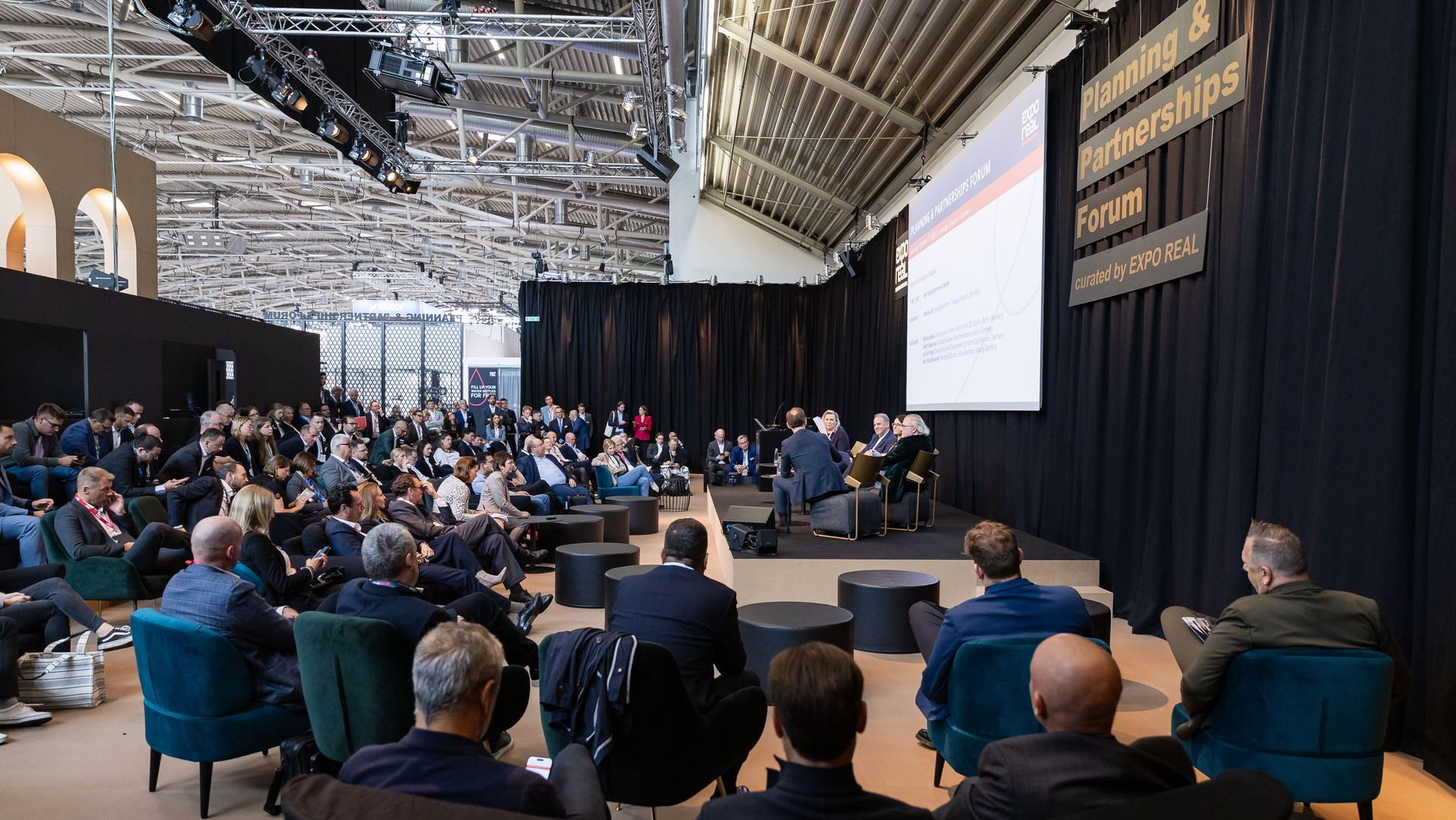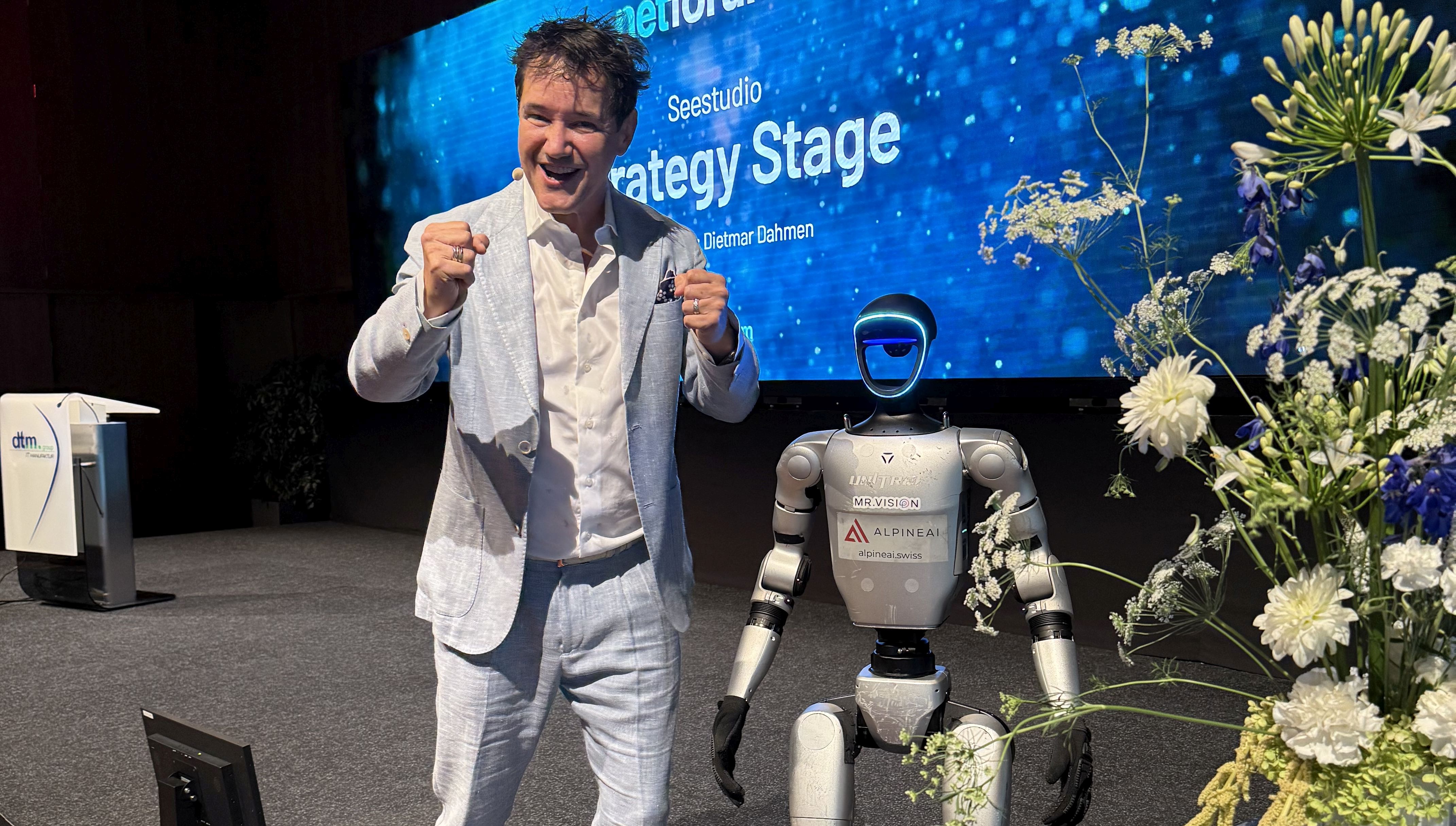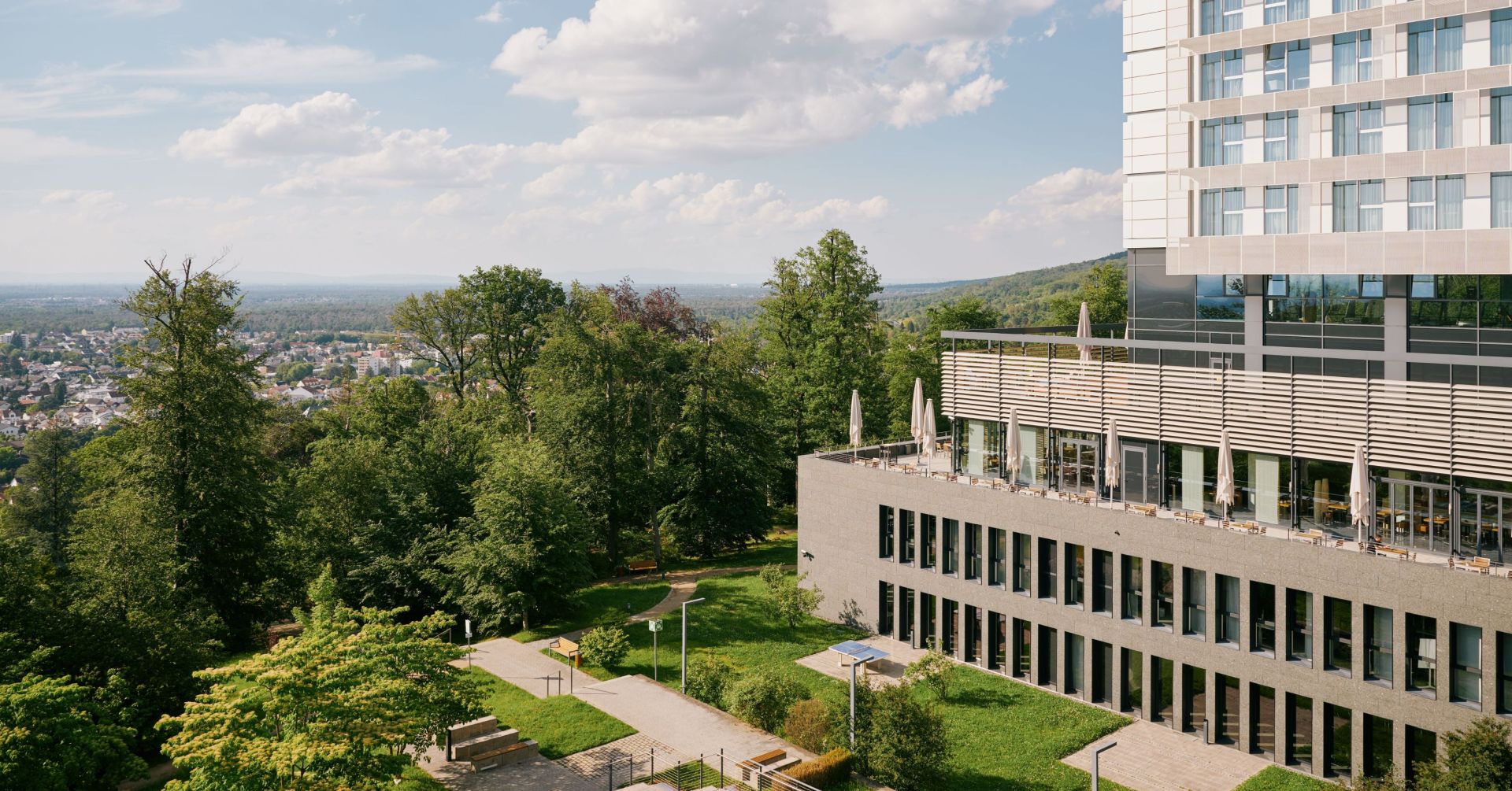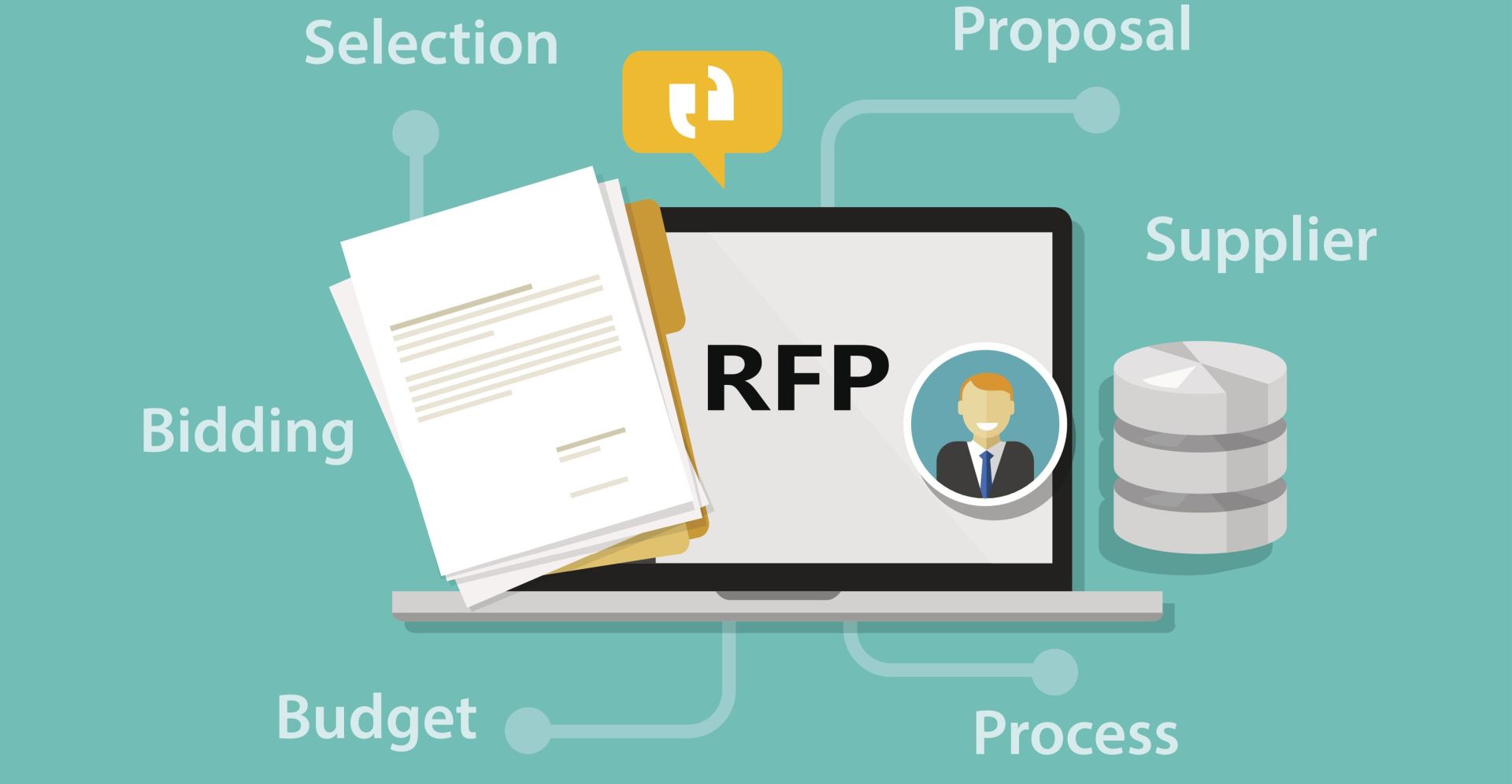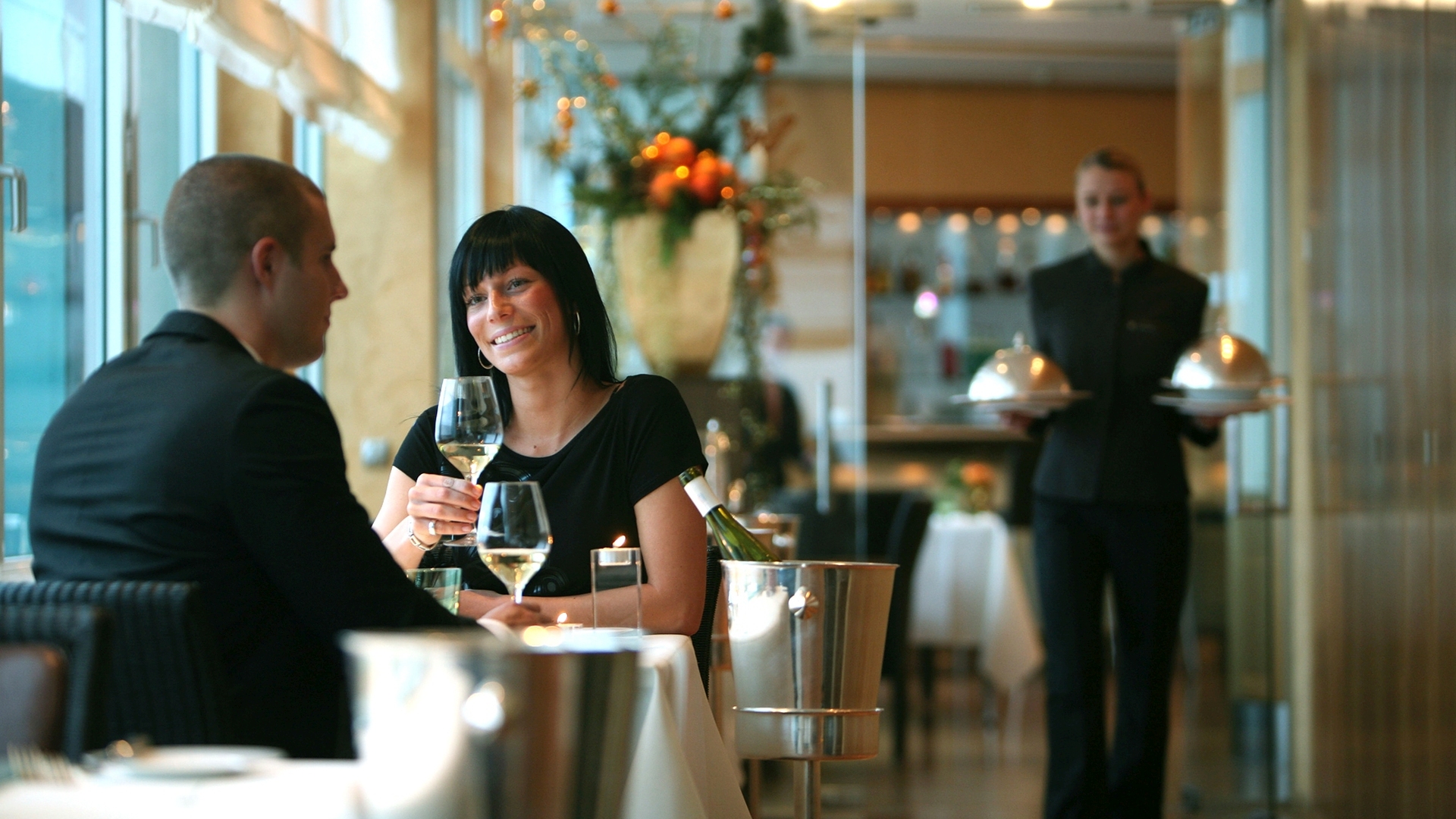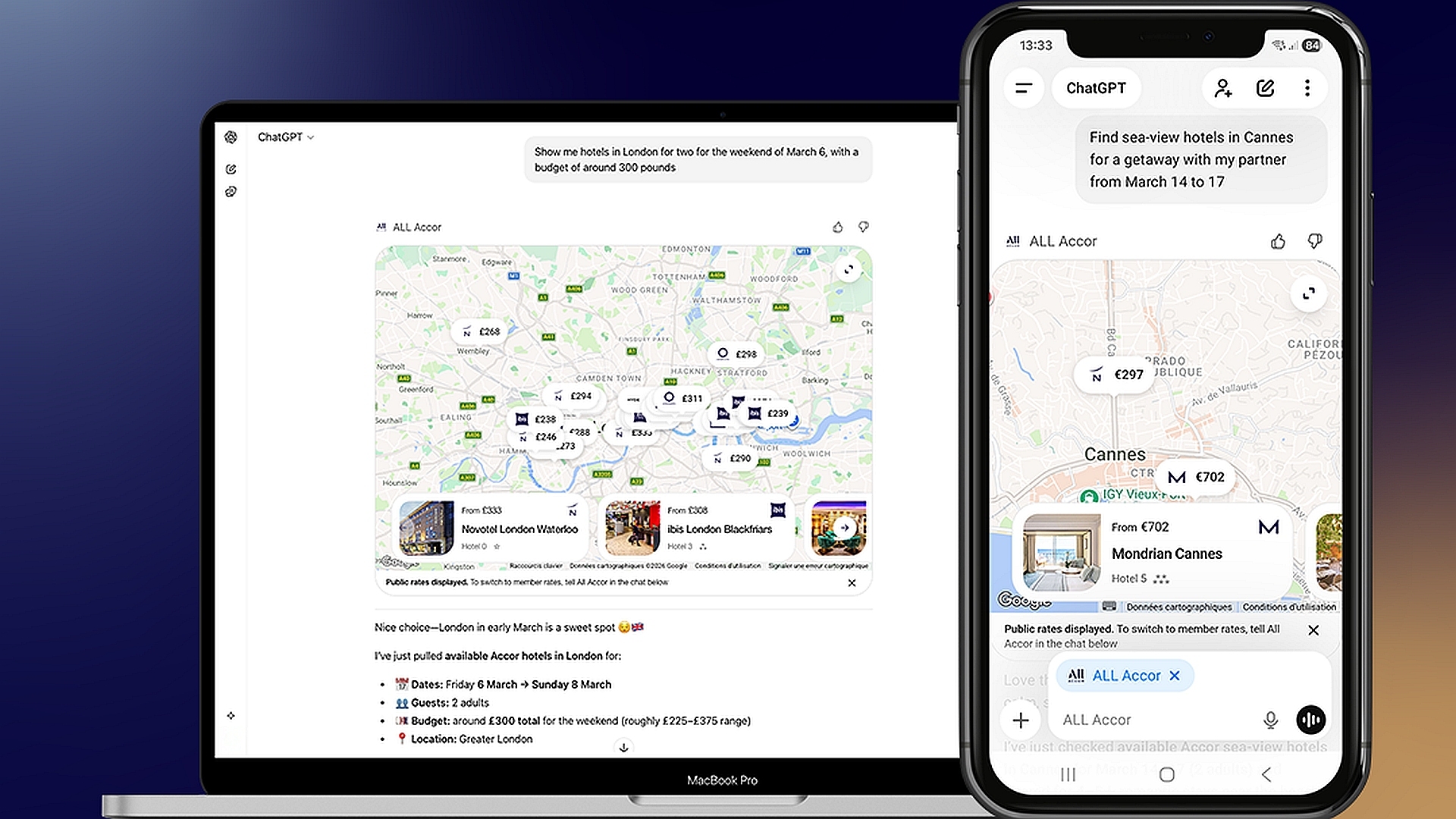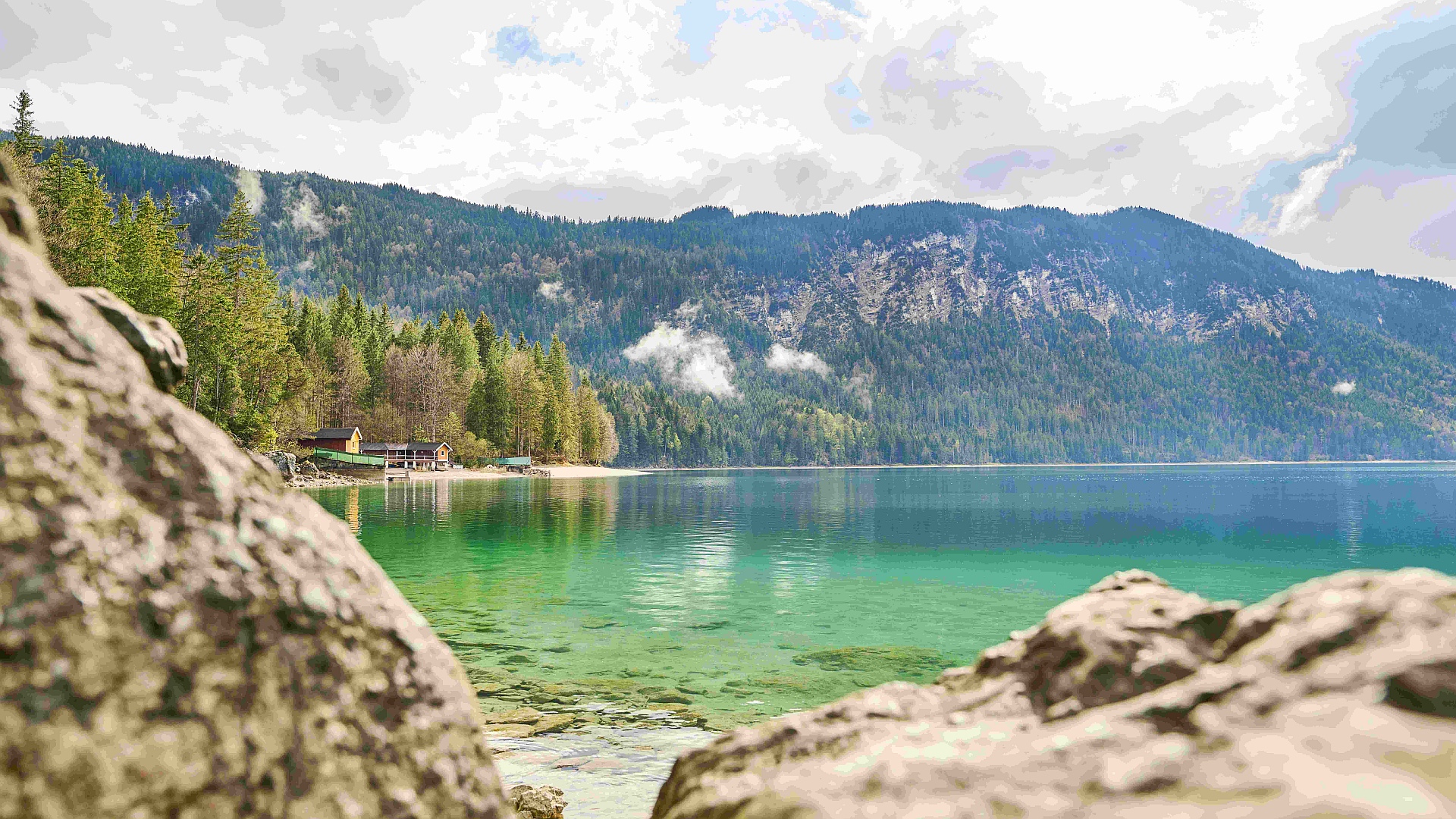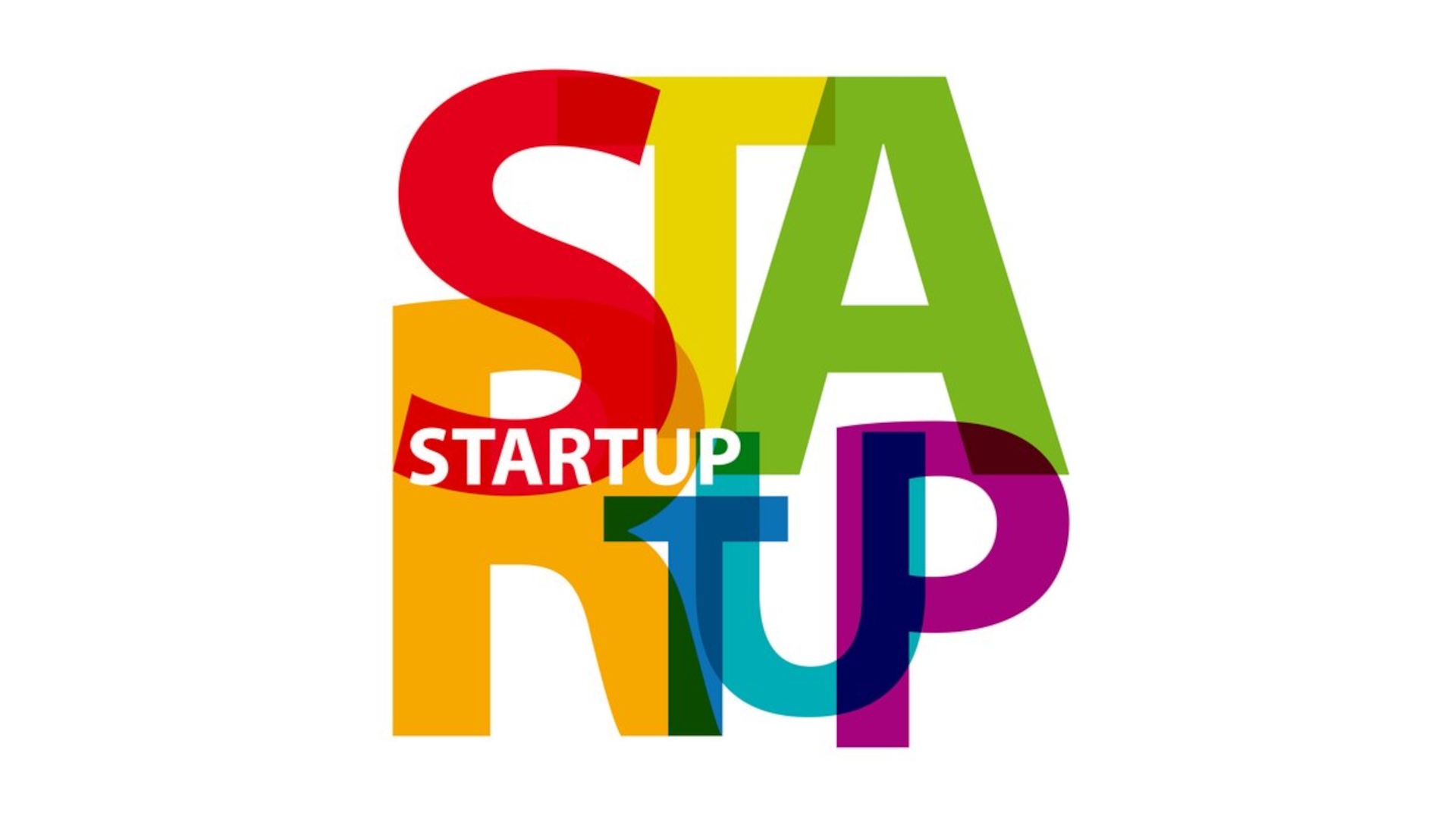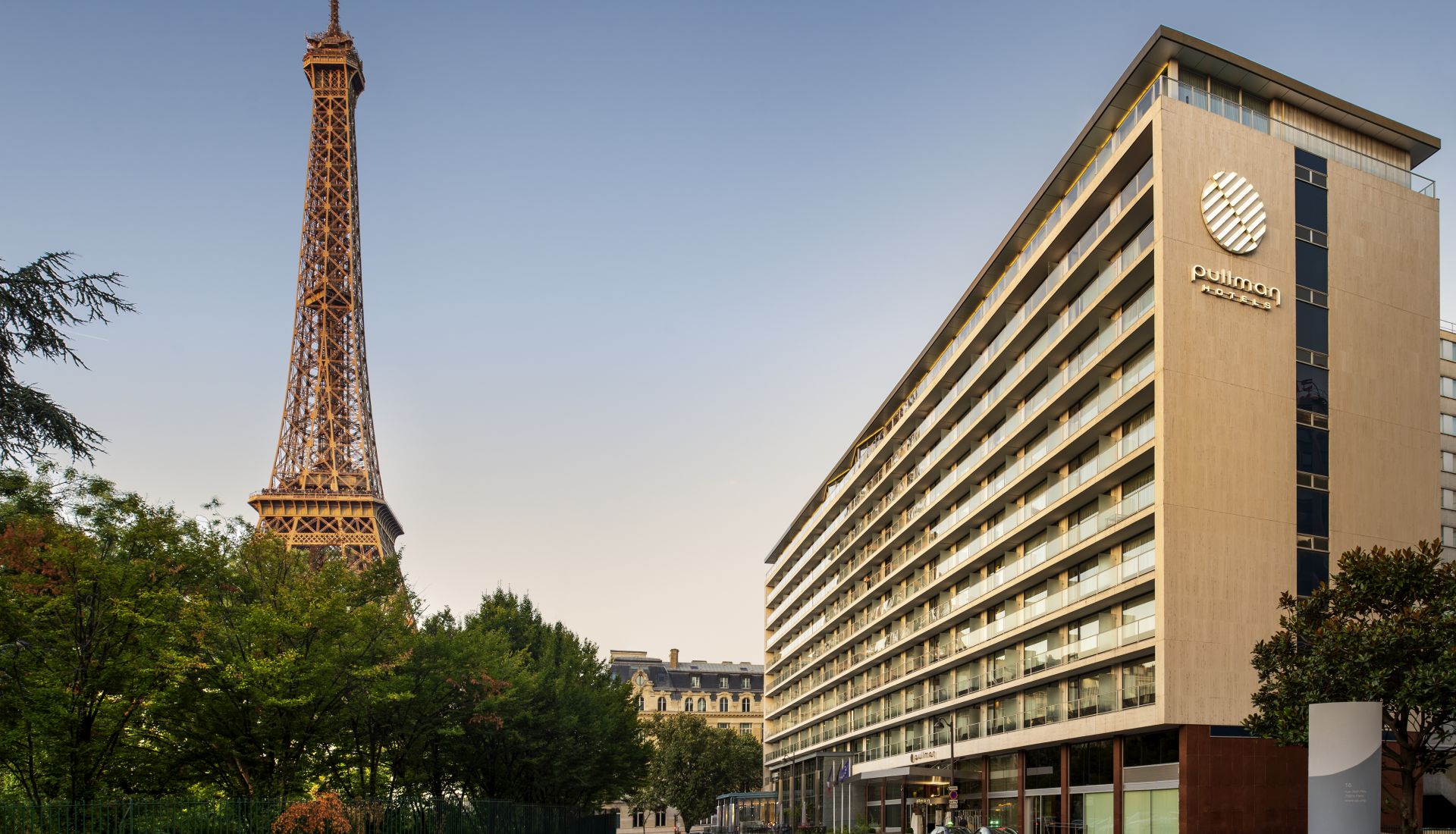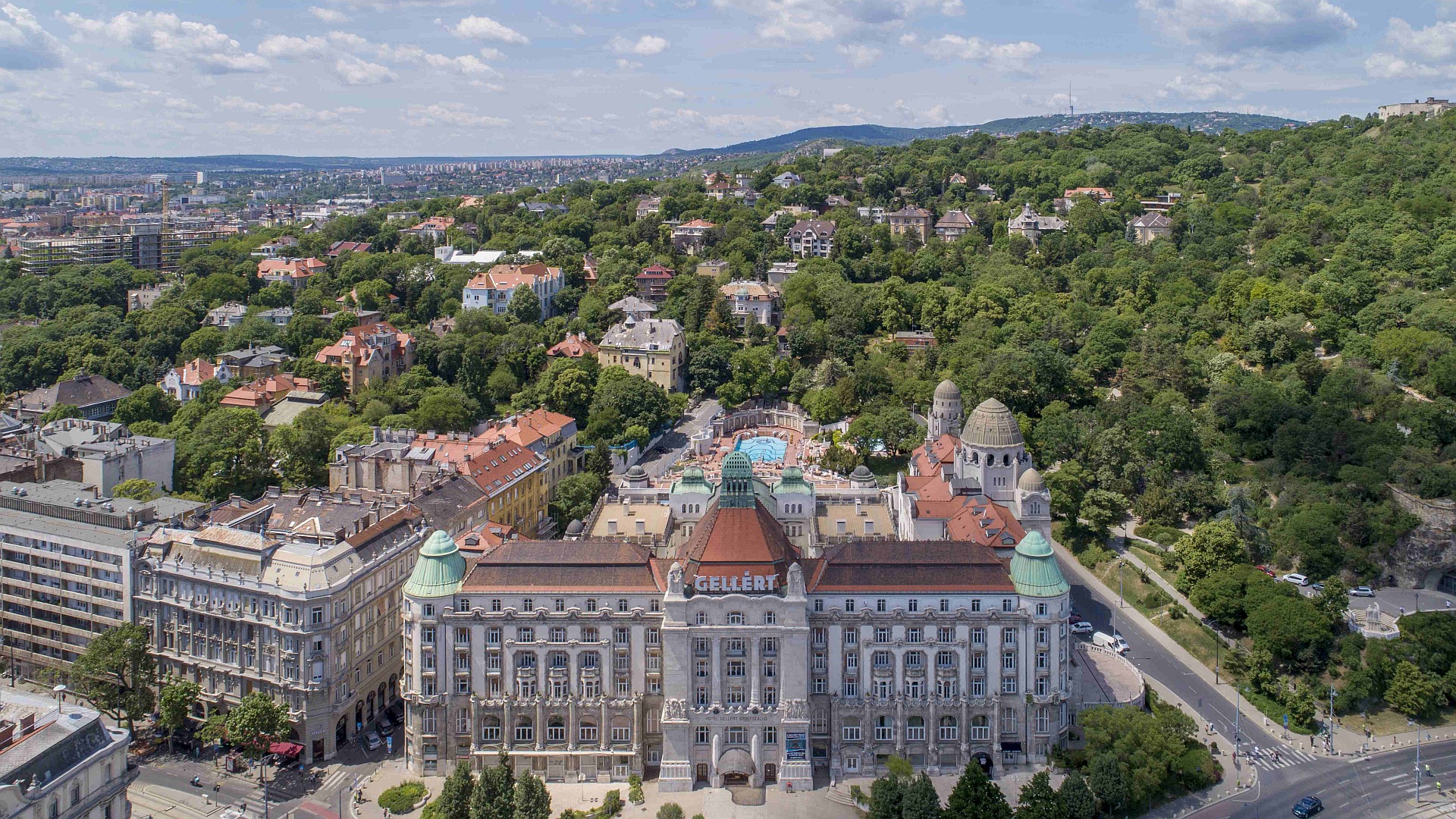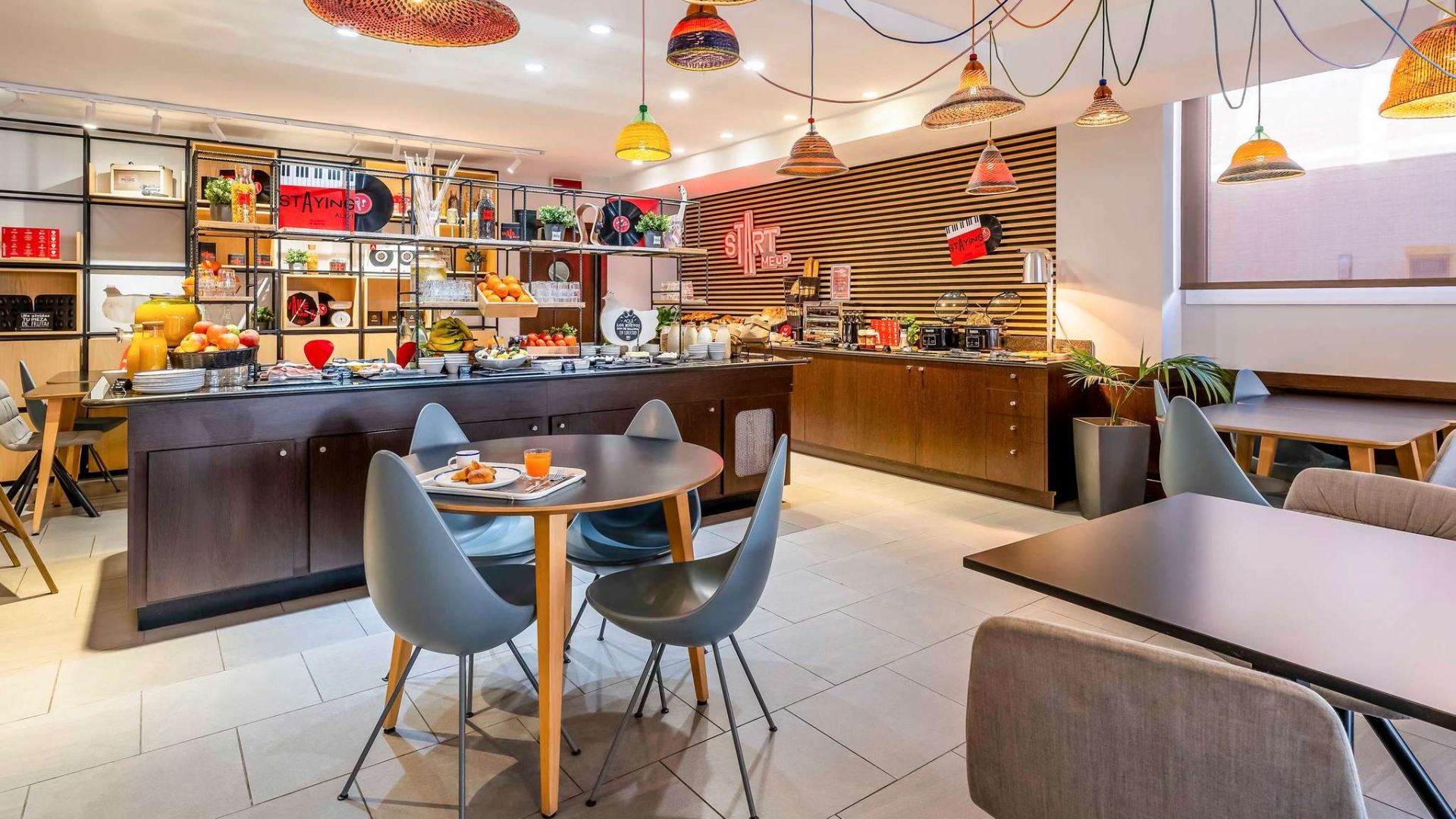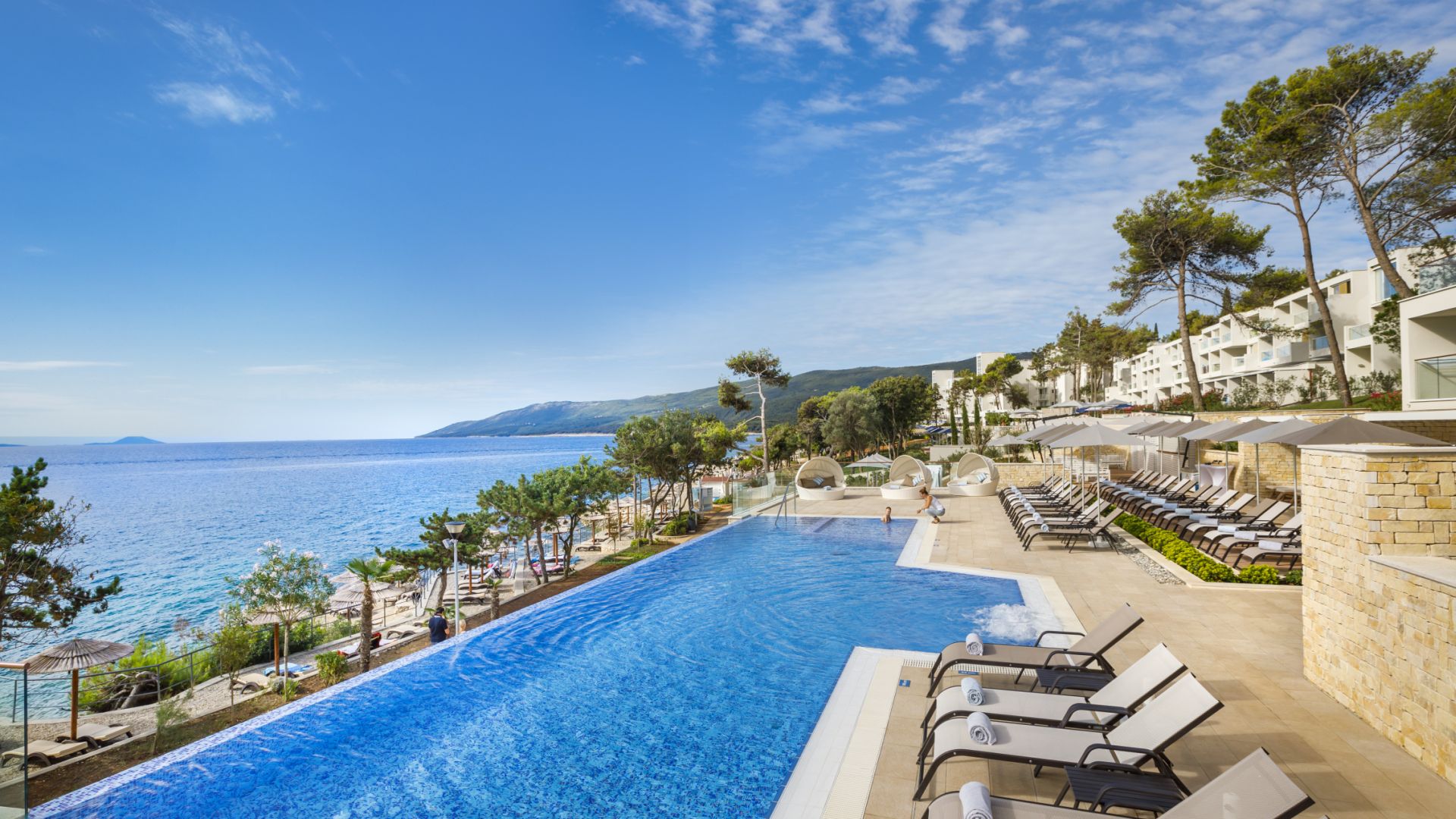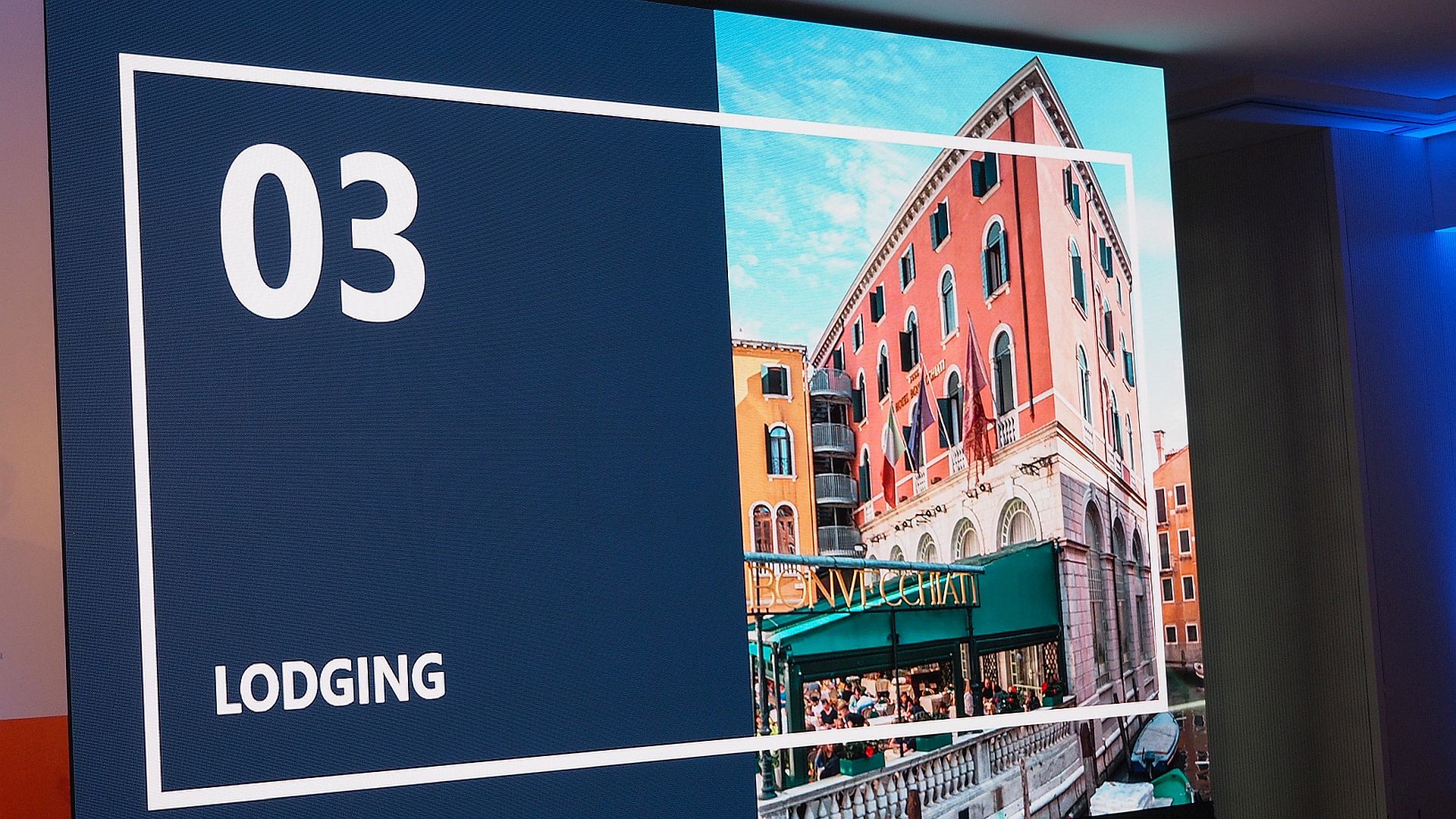Marketplace Stories
Sustainability has become a key success factor in hotel and apartment construction. And JUNG is putting it into practice. For over 110 years, the German company has been known for pioneering product developments in the fields of lighting, shading, climate control, energy, security, and multimedia. Now JUNG is presenting itself at the first Green Hospitality Conference 2026.
AI is now also conquering the reservations and MICE segment. Online distribution specialist Quality Reservations (QR) will present the tools at ITB in March 2026. In addition, the QR hotel pool has grown by 25 properties.
"From the very beginning, we thought in terms of generations, not quarters." A statement that shows attitude. Star architect Hadi Teherani lives by it, as does the Altenberger family, owners of the Krallerhof wellness hotel in the Salzburg region. The result is the 5,500 sqm ATMOSPHERE Spa, a monument to relaxation, a work of art. Only courage and vision can change the hospitality industry.
Luxury guests are willing to pay for exclusivity. But they expect perfection, says Corinna Döpkens, an expert in luxury travel. Digital structures ensure that hotels remain competitive.
Artificial intelligence is rapidly changing tourism – and offers enormous opportunities for hotels that are prepared to use data intelligently. 125 hoteliers, experts and industry representatives needed to talk.
Tourism meets technology. That is the guiding principle of TIS, the Tourism Innovation Summit, which is already one of the most important events in Seville. Hotel exhibitors are rare. The priority is networking between destination managers, event organisers and tech professionals. Not a bad combination.
According to the results of a study, in 2026 travellers will no longer be asking themselves primarily where to go, but rather why they are travelling. Instead of quantity, the focus will be on rest, comfort and relaxation – with or without the family.
Artificial intelligence and data are changing the rules of the game in the hotel industry. How can hotels use this development to inspire guests and steer them successfully into the future? Answers can be found at "Need to talk". Participation is free of charge.
The Hospitality Industry Dialogue (HID) kicks off with the leisure boom in South-East Europe. And then things heat up at the Expo Real hotel conference: from climate risk for hotel projects, franchising & asset-light to record margins & zero profit, and right through to high-speed market consolidation. The program.
"The modern world meets traditional trade": Dietmar Dahmen is one of Europe's most sought-after futurists. He delivers his message about transformation, technology and radical customer centricity on stage like a rock star. As a visionary, he knows how companies need to reinvent themselves – including in the hotel industry.
Despite all the sceptical business travel statistics, demand in this segment increased noticeably in the first half of 2025 for hospitality-focused distribution specialist QR Quality Reservations. At the same time, direct sales and the number of customers grew.
The "RFP season" is in full swing. However, the rules of the game for these Requests For Proposals have changed for 2026 . The traditional focus on booking volume and price is increasingly giving way to a strategic view of the purpose of business travel.
Paris on Monday and Tuesday of this week: Inner-city temperatures reached a staggering 40 degrees. Both people and industry feel HOT - Hotels Tomorrow at the same time. The abbreviation for this first "unconference" could not have been more fitting. After only three months of organisation, 48 speakers discussed with around 180 participants, all at C-level. The spell of a premier was broken by the unsettling, razor-sharp keynote speech.
More News
At the end of January 2026, the German Federal Cabinet approved the Federal Government's new National Tourism Strategy. This strategy explicitly anchors business travel as a central pillar of tourism policy.
The world of work and the realities of life have changed fundamentally. Working time legislation has not. The aim of a campaign in Germany is to introduce a practical regulation on weekly working hours.
Madaster, the building materials register for Germany, has launched a major crowdfunding campaign and is inviting companies to contribute financially to strengthen sustainability in the industry.
At the beginning of February, the think tank Zukunft der Gastwelt (DZG) established the task force "Digitalisation & Artificial Intelligence". The aim is to accelerate the digital transformation of the hospitality industry and to provide practical support to small and medium-sized businesses.
By 2050, we will see around 3.5 billion trips. The proportion of travellers in the global population could then grow from 50 to 70 per cent. The outlook for tourism is brighter than ever, says Google. But the rules of the game have changed.
The US further tightens its entry rules for tourists. Those wishing to spend their holidays there will probably have to disclose more information about their lives, including their social media activities.
ALL Accor, the group's booking platform and loyalty program, announced the launch of its ALL Accor app in ChatGPT on 29 January 2026. The app is designed to make booking easier for travelers.
For almost half of Germans, cost is the most important factor when choosing a travel destination. In addition to price, safety, accessibility, and the general economic situation also influence travel decisions. This is because more and more travelers are booking at short notice.
An estimated 1.52 billion international tourists were recorded globally in 2025, almost 60 million more than in 2024. Arrivals grew by 4% in 2025.
The German Hotel Association (IHA) is launching the application phase for its Start-up Award 2026 and invites all start-ups with innovative product developments specific to the hotel industry to apply.
